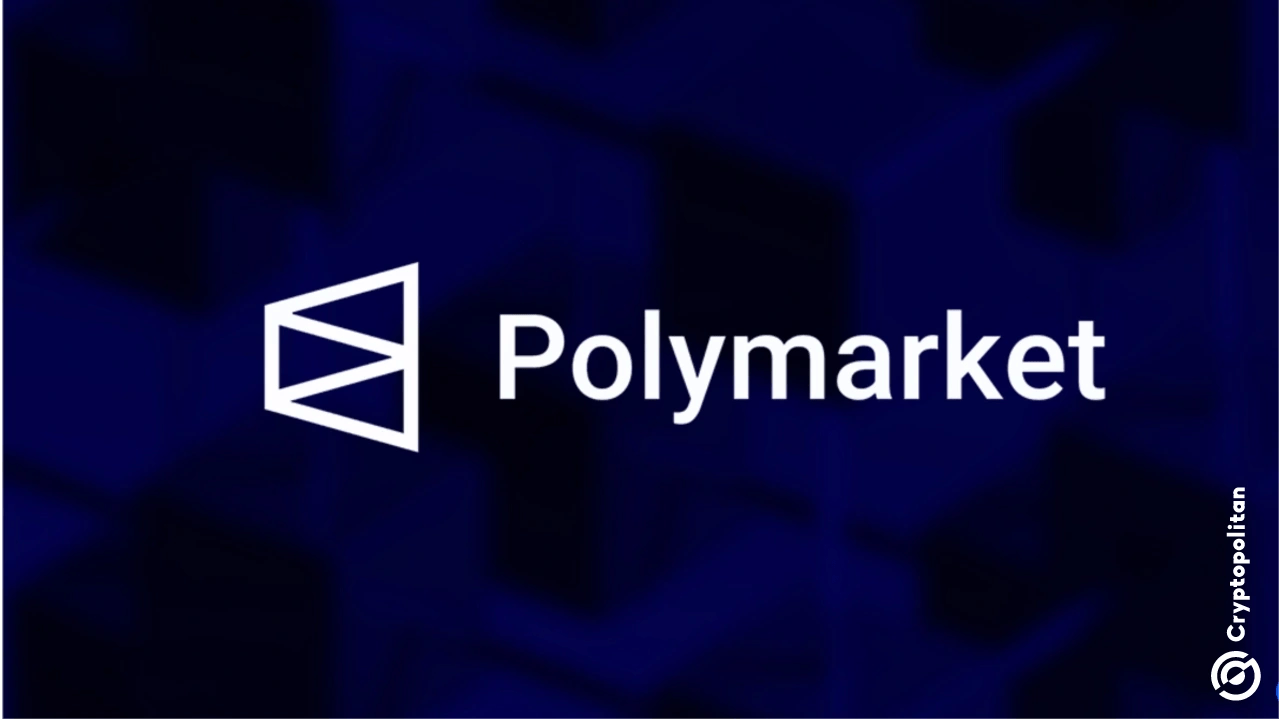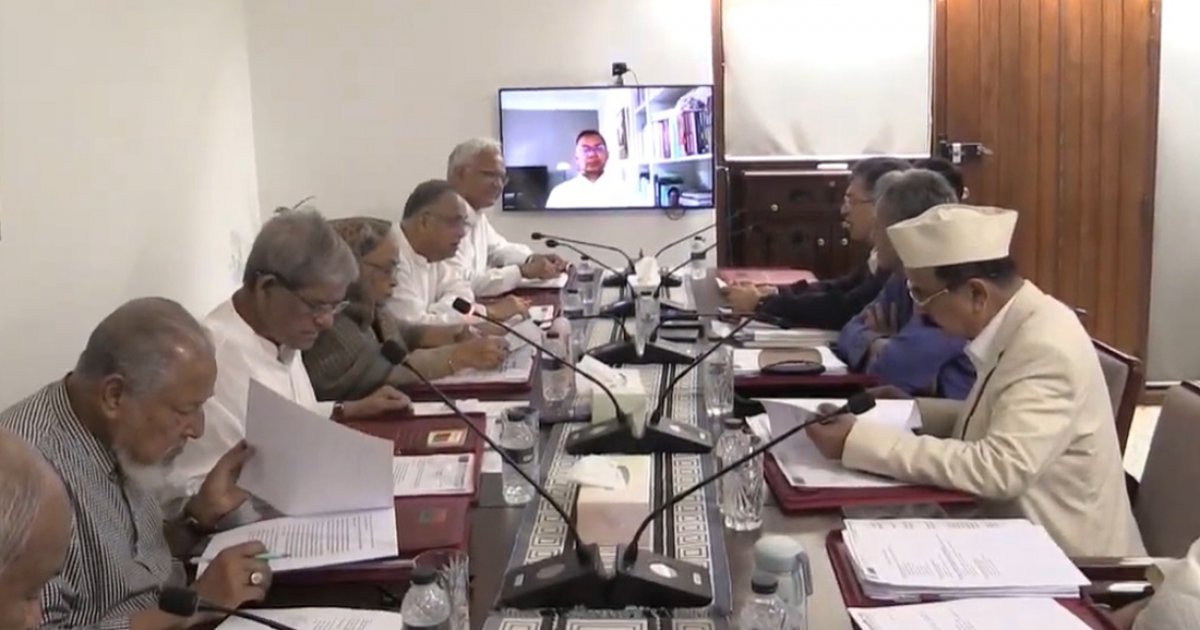Bot-like bettors exploited mispriced wagers on Polymarket, netting nearly $40 million in profits
The post Bot-like bettors exploited mispriced wagers on Polymarket, netting nearly $40 million in profits appeared on BitcoinEthereumNews.com. A new study has revealed that bot-like bettors exploited nearly $40 million in profits through arbitrage trading across the Polymarket trading platform. Politically related wagers were the most exploited compared to sports betting, especially the 2024 U.S. elections. The study revealed how a small number of highly active participants could generate risk-free returns at the expense of other gamblers. Oriol Saguillo, Vahid Ghafouri, Lucianna Kiffer, and Guillermo Suarez of IMDEA Networks Institute published the research study on August 5 on the open-access repository arXiv. They scanned through 86 million bets placed across multiple markets between April 2024 and April 2025. Their study, despite not yet being peer reviewed, sheds light on the scale of arbitrage trading across decentralized betting ecosystems IMDEA Networks Institute research shows the top three Polymarket gamblers netted nearly $4.2 million According to the study, the top three wallets that participated in the trade placed more than 10,200 bets throughout the year. The wallets netted approximately $4.2 million in profits. The study suggested that many of the participants relied on automated programs to rake in such profits by exploiting mispriced bets. Polymarket, unlike other betting sites, uses market forces to determine odds for outcomes rather than the platform itself. The site’s model creates an open and transparent price discovery and is decentralized. According to the research, the model leaves a loophole for arbitrage traders to exploit mispriced wagers, which traditional betting firms actively sought to prevent. Across Polymarket, gamblers can buy shares against future outcomes priced between $0.01 and $1, which corresponds to 1% to 100%. The price reflects the implied probability of an event occurring. Overall, the sum of all potential outcomes in an event should amount to 100%. According to the study, this is not always the case; due to short-term fluctuations, the total odds…

The post Bot-like bettors exploited mispriced wagers on Polymarket, netting nearly $40 million in profits appeared on BitcoinEthereumNews.com.
A new study has revealed that bot-like bettors exploited nearly $40 million in profits through arbitrage trading across the Polymarket trading platform. Politically related wagers were the most exploited compared to sports betting, especially the 2024 U.S. elections. The study revealed how a small number of highly active participants could generate risk-free returns at the expense of other gamblers. Oriol Saguillo, Vahid Ghafouri, Lucianna Kiffer, and Guillermo Suarez of IMDEA Networks Institute published the research study on August 5 on the open-access repository arXiv. They scanned through 86 million bets placed across multiple markets between April 2024 and April 2025. Their study, despite not yet being peer reviewed, sheds light on the scale of arbitrage trading across decentralized betting ecosystems IMDEA Networks Institute research shows the top three Polymarket gamblers netted nearly $4.2 million According to the study, the top three wallets that participated in the trade placed more than 10,200 bets throughout the year. The wallets netted approximately $4.2 million in profits. The study suggested that many of the participants relied on automated programs to rake in such profits by exploiting mispriced bets. Polymarket, unlike other betting sites, uses market forces to determine odds for outcomes rather than the platform itself. The site’s model creates an open and transparent price discovery and is decentralized. According to the research, the model leaves a loophole for arbitrage traders to exploit mispriced wagers, which traditional betting firms actively sought to prevent. Across Polymarket, gamblers can buy shares against future outcomes priced between $0.01 and $1, which corresponds to 1% to 100%. The price reflects the implied probability of an event occurring. Overall, the sum of all potential outcomes in an event should amount to 100%. According to the study, this is not always the case; due to short-term fluctuations, the total odds…
What's Your Reaction?






































